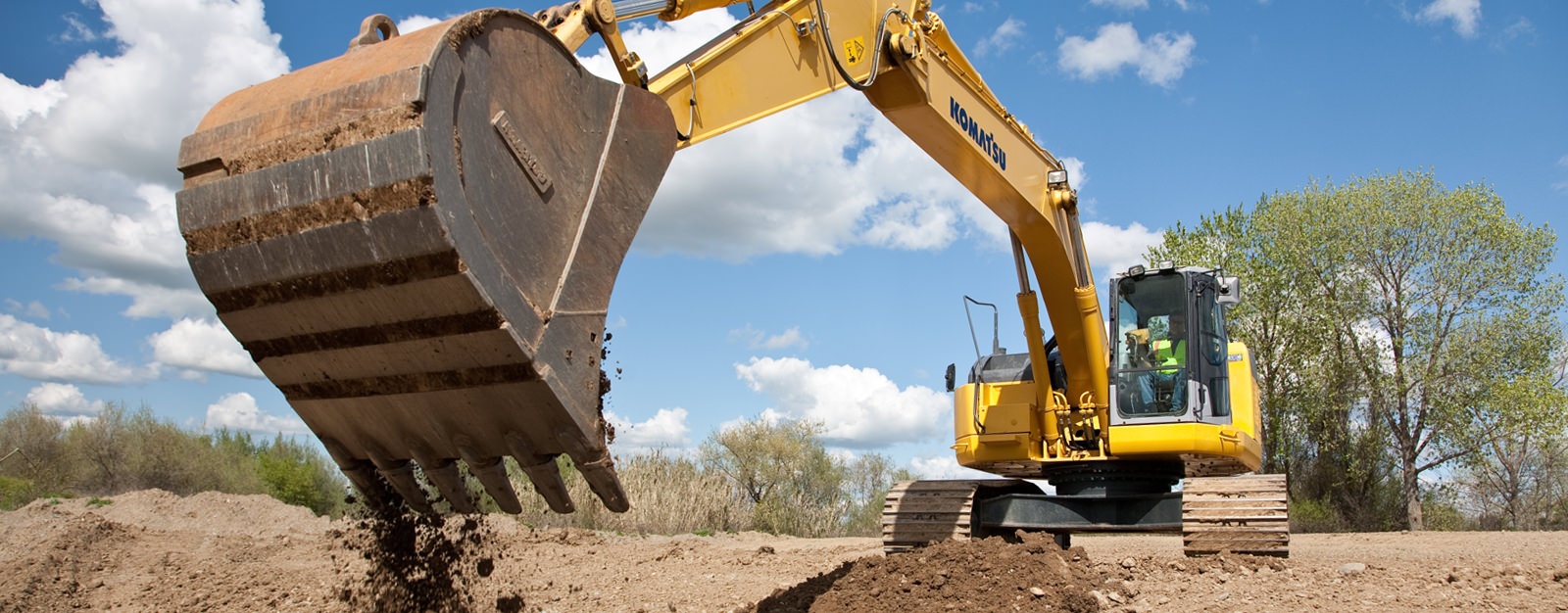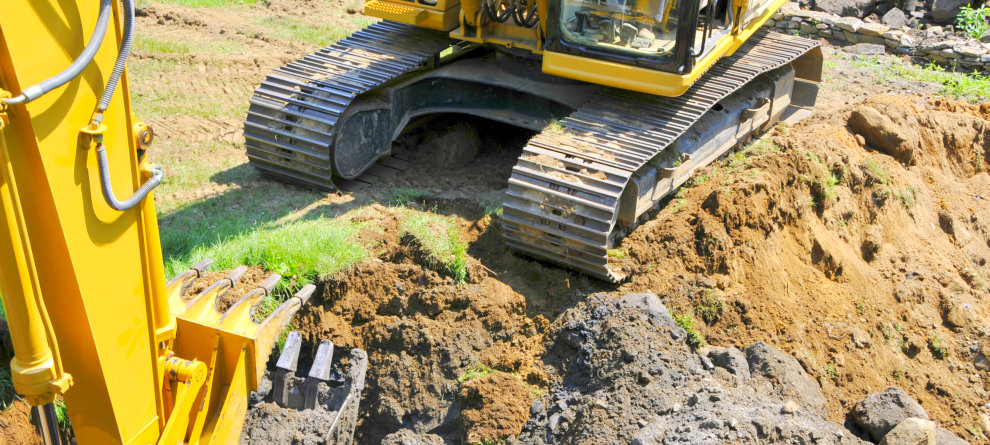Lancaster Trenching - Expert Trenching Solutions in Lancaster, Ohio
Lancaster Trenching - Expert Trenching Solutions in Lancaster, Ohio
Blog Article
Comprehensive Excavation Techniques: Grasping the Basics for Success
The careful planning, accurate execution, and careful interest to detail called for in excavation jobs require a detailed method that encompasses various fundamental facets. The true mastery exists not merely in understanding these fundamentals but in flawlessly integrating them to navigate the complexities of excavation jobs with skill.
Comprehending Excavation Job Preparation

The preliminary stage of any kind of excavation job is the planning stage, where vital decisions are made that can considerably affect the end result of the project. Understanding the project spending plan, extent, and timeline restrictions is essential for creating a comprehensive excavation plan that guarantees the job's success.
One trick element of excavation task preparation is the advancement of an in-depth timeline that details the series of deadlines, tasks, and milestones. This timeline acts as a roadmap for the task team, allowing them to track development and make necessary adjustments to make certain the job remains on routine. In addition, a distinct budget plan that makes up all expenditures, including devices leasing, labor expenses, and materials, is crucial for preventing cost overruns and hold-ups. By meticulously considering all these elements throughout the planning stage, excavation projects can be executed effectively and successfully, resulting in effective outcomes.
Soil Analysis and Website Analysis
Carrying out detailed dirt evaluation and site evaluation is a critical action in the prep work phase of any excavation task. Dirt evaluation entails identifying the structure, structure, and residential or commercial properties of the soil at the excavation site. This details is critical for understanding the soil's bearing capability, wetness web content, and possibility for erosion, which are vital consider figuring out the excavation techniques and devices needed for the task.
Website evaluation goes beyond dirt evaluation and incorporates a wider analysis of the total website problems. This assessment includes recognizing any possible threats, such as underground energies, ecological issues, or unpredictable surface, that might affect the excavation procedure. By completely reviewing the website, project managers can create reliable excavation strategies that focus on security, effectiveness, and ecological protection.
Using advanced innovations like ground-penetrating radar, dirt tasting, and drone studies can improve the precision and performance of soil analysis and site analysis. Spending time and sources in these preliminary actions can eventually conserve time and protect against expensive delays or issues throughout the excavation process.
Equipment Option and Use
Efficient excavation tasks count greatly on calculated equipment selection and application to make sure optimal efficiency and efficiency. Choosing the right devices for the work is vital in optimizing performance and reducing downtime. Elements such as the sort of dirt, depth of excavation, and project extent play a substantial role in identifying one of the most appropriate devices for the task handy.

Along with choosing the suitable equipment, appropriate use is vital to task success. Operators needs to be educated to take care of the devices securely and efficiently - dump truck companies in ohio. Regular maintenance checks and timely fixings aid stop malfunctions and make sure consistent efficiency throughout the job
Security Procedures and Laws Conformity
In the world of excavation projects, focusing on security actions and conformity with policies is extremely important to ensuring a legally sound and secure operational environment. Security measures incorporate a series of techniques, including carrying out extensive site assessments, applying proper signage and barriers, and offering adequate safety training for all workers entailed in the excavation process. Adherence to policies, such as OSHA needs in the United States, makes certain that the excavation project fulfills the needed criteria to protect employees, spectators, and the surrounding setting.

Surveillance Progression and Adjusting Strategies
How can predict managers effectively track the innovation of excavation jobs and adjust their strategies appropriately to optimize results? Monitoring progress is necessary for ensuring that excavation projects remain on track and satisfy target dates.

Conclusion
Finally, grasping the principles of thorough excavation methods is vital for the success of any task. By recognizing task planning, evaluating soil and site problems, picking ideal equipment, complying with security regulations, and checking progression, task supervisors can ensure a smooth and efficient excavation procedure. Carrying out these methods will certainly cause effective results and decrease prospective dangers or problems during the excavation project.
The initial stage of about his any kind of excavation project is the planning phase, where crucial choices are made that can considerably impact the end result of the project. Recognizing the project scope, timeline, and budget constraints is crucial for developing a detailed excavation strategy that ensures the project's success.
How can predict supervisors properly track the improvement of excavation tasks and adjust their methods appropriately to optimize outcomes? By carefully keeping track of progress and being eager to adapt methods, project supervisors can enhance the general success of excavation projects.
By comprehending project planning, analyzing soil and site conditions, choosing appropriate devices, abiding with safety laws, and keeping an eye on development, job supervisors can make certain a smooth and effective excavation procedure.
Report this page